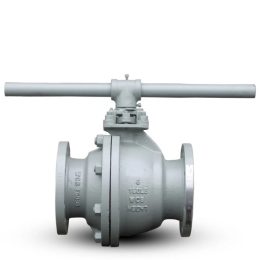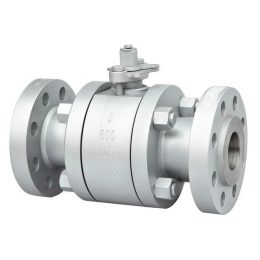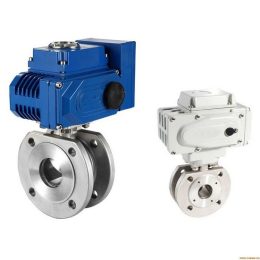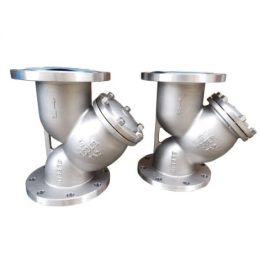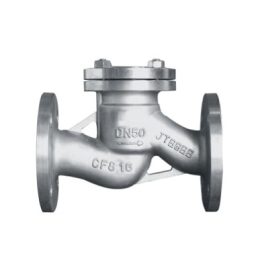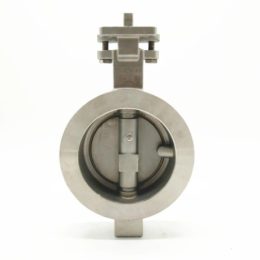Cast Floating Ball Valves: Everything You Need to Know
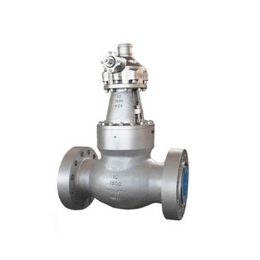
Cast floating ball valves play a crucial role in the oil and gas, chemical, and petrochemical industries. These valves are designed to control the flow of liquids and gases in harsh industrial applications. In this article, we will discuss the construction, working principle, advantages, and applications of cast floating ball valves.
Construction of Cast Floating Ball Valves
Cast floating ball valves consist of a ball with a hole in the center, which is surrounded by two seats or sealing rings. The ball is held in place by a stem that is attached to the ball and passes through the top of the valve. Cast floating ball valves’ body is usually made of cast iron, carbon steel, or stainless steel, while the ball and seats are made of materials such as stainless steel, brass, and PVC, depending on the application.
Working Principle of Cast Floating Ball Valves
Cast floating ball valves operate on the principle of a quarter-turn valve. In the closed position, the ball presses against the seats, creating a tight seal and preventing fluid flow. When the valve is opened, the ball rotates a quarter-turn, allowing fluids to flow through the hole in the ball.
Advantages of Cast Floating Ball Valves
Cast floating ball valves offer several advantages over other types of valves, including durability, reliability, and ease of use. Their simple design makes them less prone to failure than other types of valves. They require minimal maintenance and are ideal for harsh industrial environments.
Applications of Cast Floating Ball Valves
Cast floating ball valves are used in various applications, including the oil and gas, chemical, and petrochemical industries. In the oil and gas industry, they are used for controlling the flow of crude oil, natural gas, and other fluids. They are also used in the chemical industry for controlling the flow of chemicals, acids, and other corrosive materials. In the petrochemical industry, they are widely used for controlling the flow of gases and liquids in various processes.
Conclusion
Cast floating ball valves are essential valves that provide durability, reliability, and ease of use. They are used in various industries, including oil and gas, chemical, and petrochemical industries. Their simple design and the ability to withstand harsh conditions make them suitable for controlling the flow of fluids in various industrial applications. We hope this article has helped you understand the construction, working principle, advantages, and applications of cast floating ball valves.
